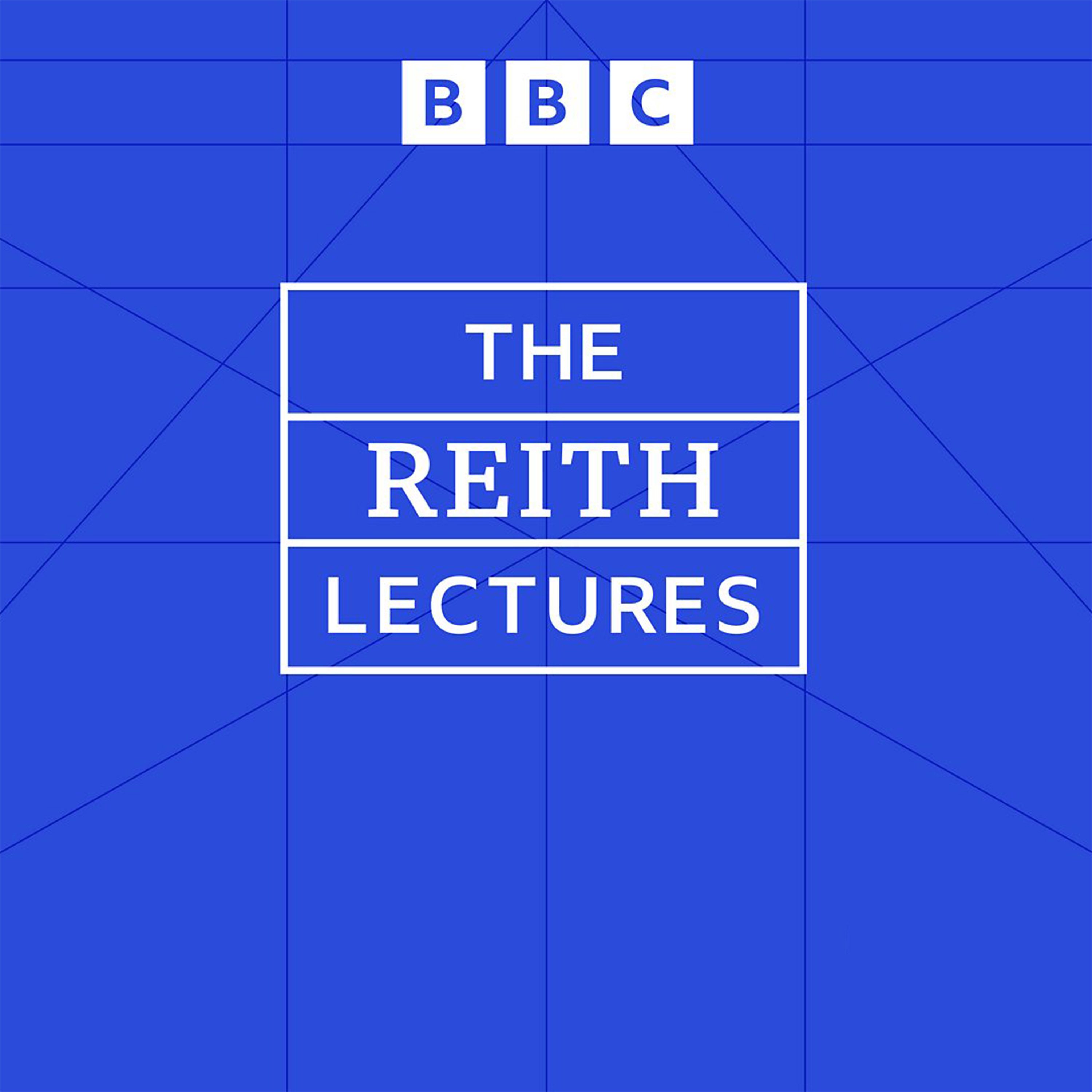

The Reith Lectures
BBC Radio 4
Significant international thinkers deliver the BBC's flagship annual lecture series
Episodes
Mentioned books

Jul 10, 2012 • 57min
Civil and Uncivil Societies
The historian Niall Ferguson examines institutions outside the political, economic and legal realms, whose primary purpose is to preserve and transmit particular knowledge and values. In a lecture delivered at the Royal Society of Edinburgh, he asks if the modern state is quietly killing civil society in the Western world? And what can non-Western societies do to build a vibrant civil society?Producer: Jane Beresford.

Jul 3, 2012 • 53min
The Landscape of the Law
The historian Niall Ferguson delivers a lecture at Gresham College in the heart of legal London, addressing the relationship between the nature of law and economic success. He examines the rule of law in comparative terms, asking how far the common law's claims to superiority over other systems are credible. Are we living through a time of creeping legal degeneration in the English-speaking world? Producer: Jane Beresford.

6 snips
Jun 26, 2012 • 53min
The Darwinian Economy
The eminent economic historian Niall Ferguson travels to the world's financial centre to deliver a lecture at the New-York Historical Society. He reflects on the causes of the global financial crisis, and argues that many people have drawn erroneous conclusions from it about the role of regulation. Is regulation, he asks, in fact "the disease of which it purports to be the cure"?
Producer: Jane Beresford.

4 snips
Jun 19, 2012 • 53min
The Human Hive
The eminent economic historian Professor Niall Ferguson argues that institutions determine the success or failure of nations. In a lecture delivered at the London School of Economics and Political Science, he says that a society governed by abstract, impersonal rules will become richer than one ruled by personal relationships. The rule of law is crucial to the creation of a modern economy and its early adoption is the reason why Western nations grew so powerful in the modern age.But are the institutions of the West now degenerating? Professor Ferguson asks whether the democratic system has a fatal flaw at its heart. In the West young people are confronting the fact that they must live with the huge financial debt generated by their parents, something they had no control over despite the fact that they were born into a democracy. Is there a way of restoring the compact between different generations?Producer: Jane Beresford.

Sep 20, 2011 • 53min
Eliza Manningham-Buller: Freedom
In this third and final Reith lecture the former Director General of the security service (MI5), Eliza Manningham-Buller, discusses policy priorities since 9.11. She reflects on the Arab Spring, and argues that the West's support of authoritarian regimes did, to some extent, fuel the growth of Al-Qaeda. The lecture also considers when we should talk to "terrorists".

Sep 13, 2011 • 42min
Eliza Manningham-Buller: Security
The former Director-General of the Security Service (MI5), Eliza Manningham-Buller gives the second of her BBC Reith Lectures 2011. In this lecture called " Security" she argues that the security and intelligence services in a democracy have a good record of protecting and preserving freedom.

Sep 6, 2011 • 42min
Eliza Manningham-Buller: Terror
The former Director-General of the Security Service (MI5), Eliza Manningham-Buller gives the first of her BBC Reith Lectures 2011 called " Terror." On the tenth anniversary of the attacks on the United States on September 11th she reflects on the lasting significance of that day. Was it a "terrorist" crime, an act of war or something different?

Jul 5, 2011 • 42min
Aung San Suu Kyi: Dissent
The pro-democracy leader, Aung San Suu Kyi, examines what drives people to dissent in the second of the 2011 Reith Lecture series. 'Securing Freedom'.Reflecting on the history of her own party, the National League for Democracy, Aung San Suu Kyi, examines the meaning of opposition and dissident. She also explains her reasons for following the path of non-violence.

Jun 28, 2011 • 54min
Aung San Suu Kyi: Liberty
The Burmese pro-democracy leader, Aung San Suu Kyi, explores what freedom means in the first of the 2011 Reith Lecture series, 'Securing Freedom'. Reflecting on her own experience under house arrest in Burma, she explores the universal human aspiration to be free and the spirit which drives people to dissent. She also comments on the Arab Spring, comparing the event that triggered last December's revolution in Tunisia with the death of a student during a protest in Burma in 1988.

Jun 22, 2010 • 42min
The Runaway World
THE REITH LECTURES 2010
4. The Runaway World In the last Reith Lecture of 2010, Martin Rees, President of the Royal Society and Astronomer Royal, explores how fast our world is moving in the 21st century. Speaking at the Open University in Milton Keynes, the home of online learning, he acknowledges how the internet and other technologies have transformed our lives. Now he calls on politicians and other authorities to provide the funding that will keep the UK among the world's front runners in scientific research and discovery. Without money and without education to attract young people into science, the UK is in danger of falling behind China and other countries in the Far East that are investing heavily in their science and technology sectors. Professor Rees ends his series of lectures evoking memories of the 'glorious' Ely Cathedral, near Cambridge, a monument built to last a thousand years. If we, like the cathedral builders, redirect our energies and focus on the long-term, he believes together we can solve the problems that face our planet, and secure its future for billions of people worldwide and for generations to come.
Producer: Kirsten Lass
Editor: Sue Ellis.


